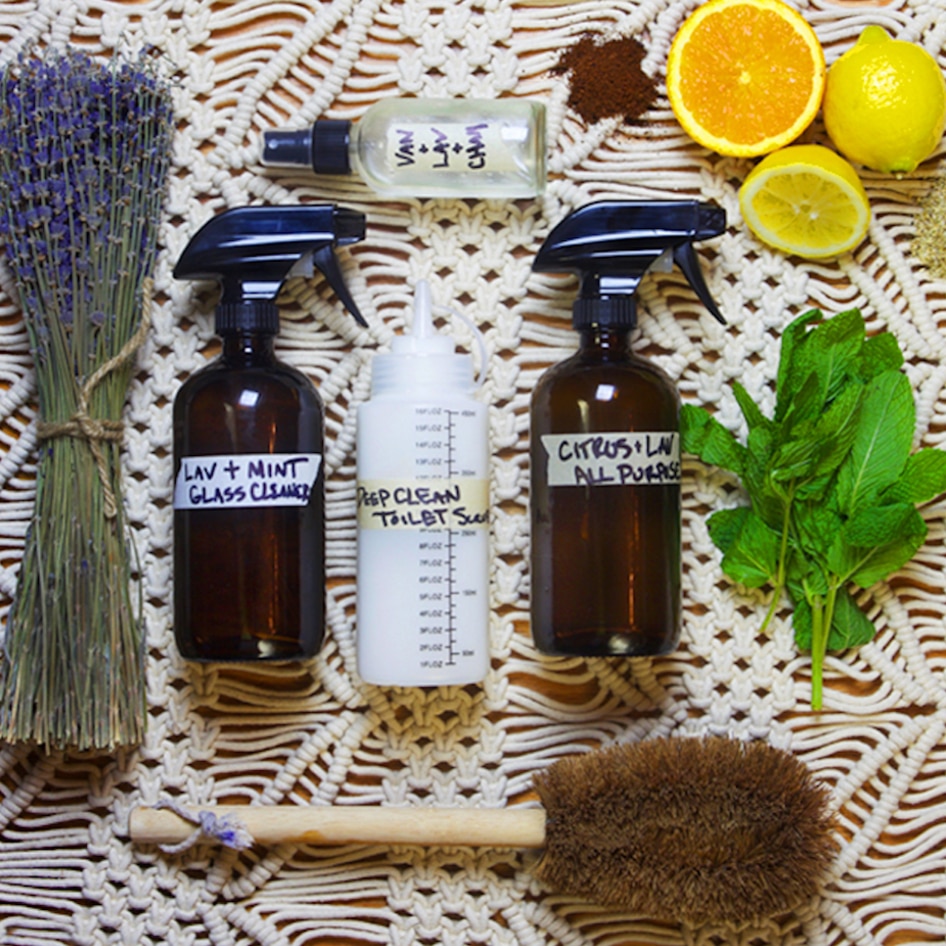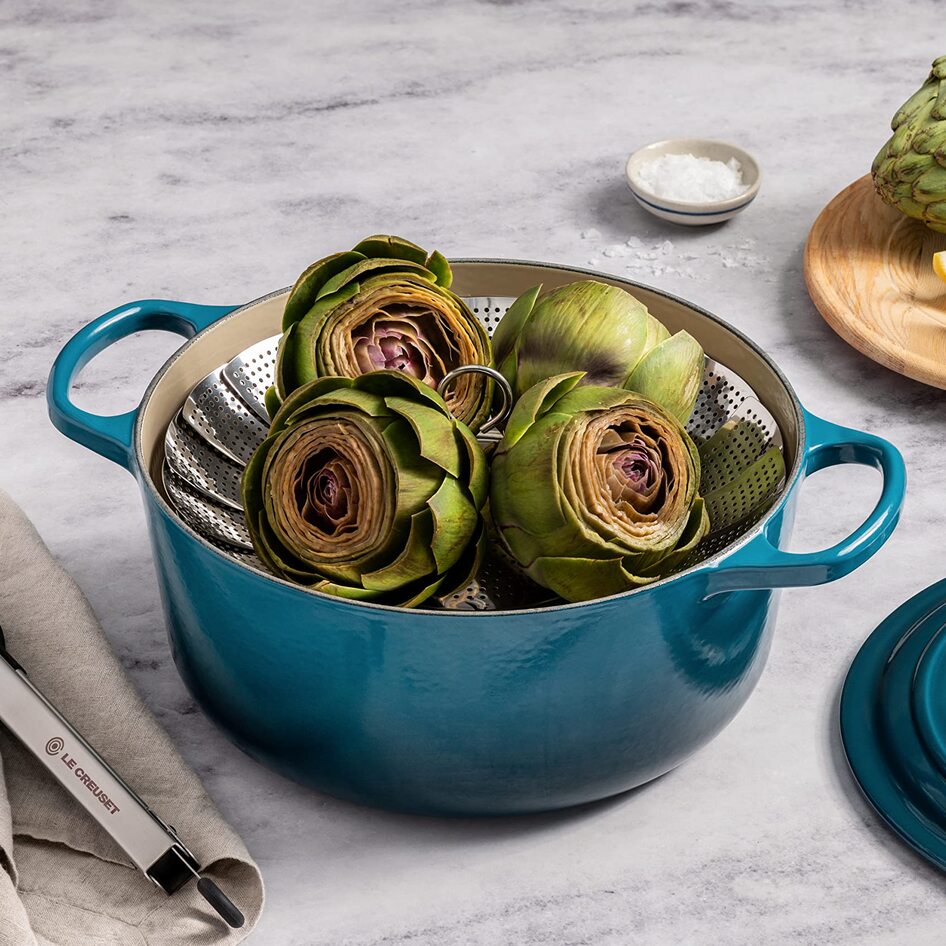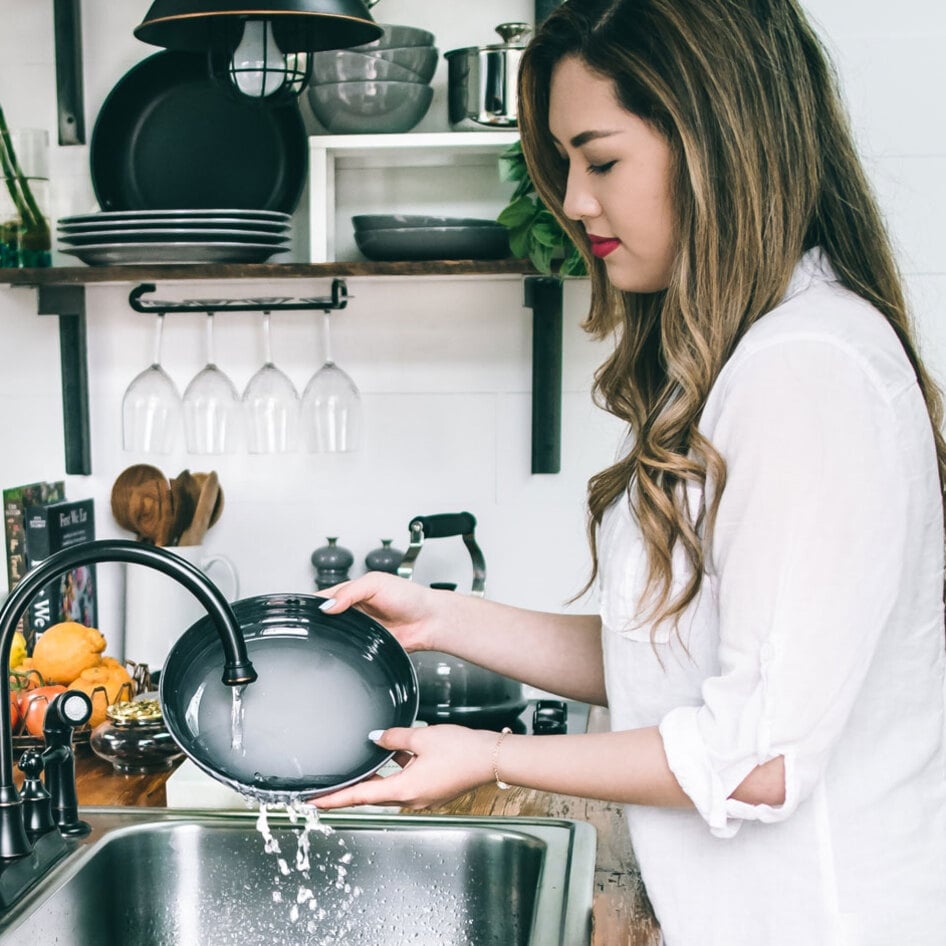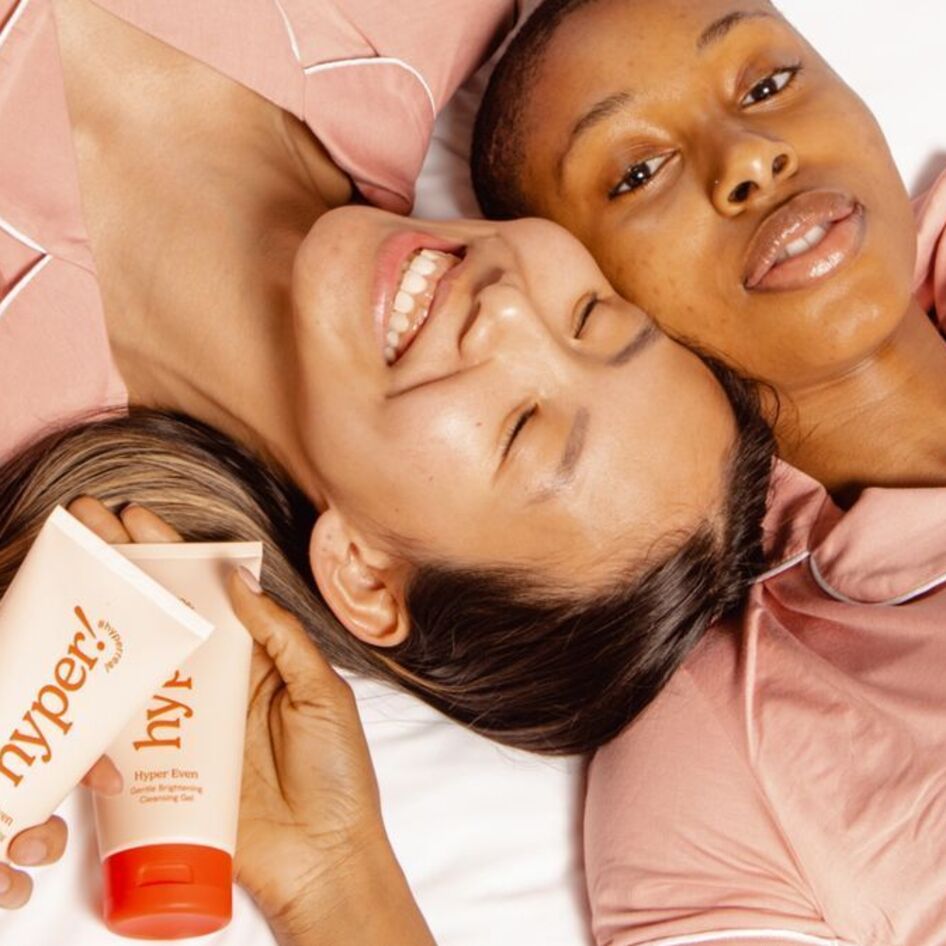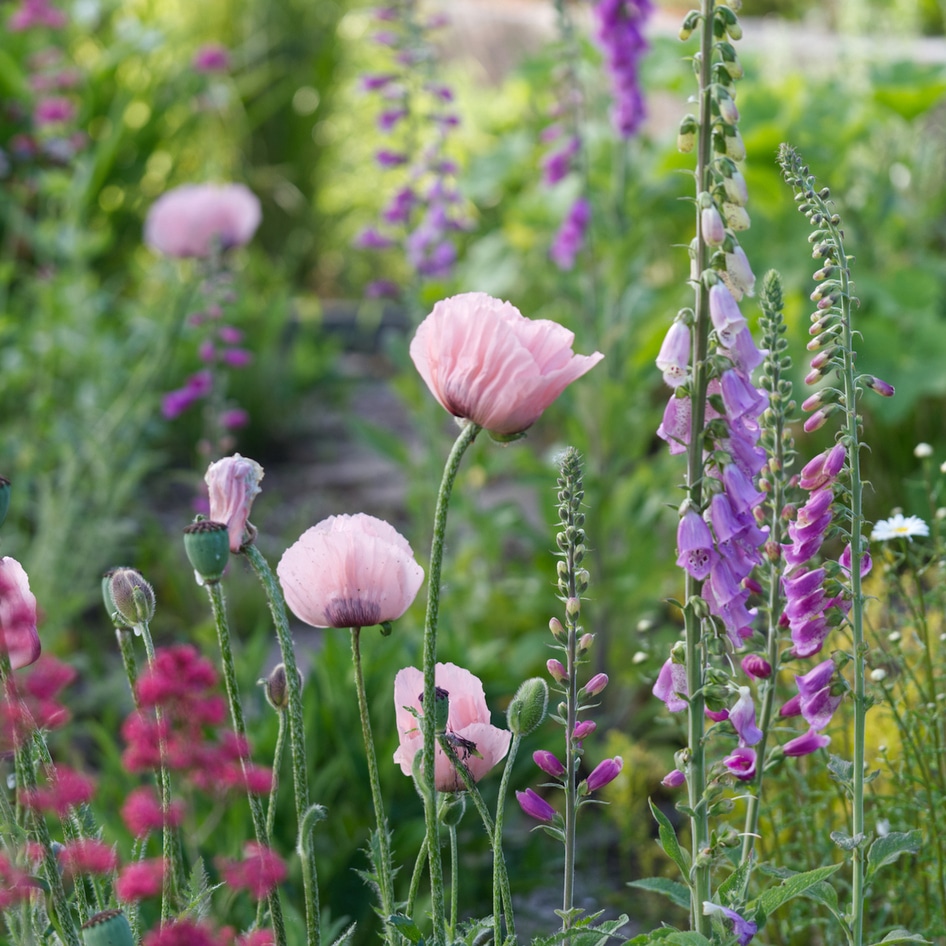Green Spring Cleaning
Keep your home spick and span this spring with cleaners free of harmful chemicals.
May 3, 2011
With spring well underway, many have started the closet-clearing, floor-wiping, clutter-reducing process known as spring cleaning (and if you haven’t started, you’ve at least started thinking about it). What you might not know is that many of the sprays and soaps you use could be causing you and the planet harm. Check out what’s really in those household cleaners, learn about greener options, and find out what grocery-store staples can help you clean your house.
Airborne Offenders
According to the American Association of Poison Control Centers, household-cleaning substances are one of the top categories most often involved in human exposures to poison, representing roughly 8.5 percent of reported poison-control calls in 2009. Some of the main offenders include toilet bowl cleaner, corrosive drain de-clogger, and oven cleaner, which can cause severe burns both externally and if ingested. These products often contain ammonia and bleach, which can produce dangerous, toxic fumes, especially if combined with chemicals from other cleaners. In addition to bodily harm, many cleaning products are also harmful to the environment. Once they’re finished cleaning your kitchen, these products travel down drains into waterways, where they pollute water sources and harm wildlife. In addition, detergents (found in most cleaners) include ingredients called surfactants. Most surfactants are made with petroleum, a fossil fuel whose extraction is costly to the planet, releasing greenhouse gases and increasing our dependence on oil.
Safe Sprays
Steer clear of dangerous chemicals by choosing products that are both bodily and environmentally friendly. According to the Environmental Working Group, there are seven major ingredients to check for (and avoid!) when purchasing cleaning products. Moreover, Good Housekeeping tested many products to find out which ones were both kind to the earth and tough on grime. Some of VN’s favorite cruelty-free brands include Poppy’s Naturally Clean, which uses all-natural and non-toxic ingredients such as vinegar and tea tree oil, Method, which uses biodegradable ingredients made from corn and coconut, and Seventh Generation, a line of laundry, home-cleaning, and personal-care products that are non-toxic and biodegradable.
Natural Options
Next time you need to clean your countertop, look no further than your kitchen cupboard for the necessary tools. Three items most likely already in your kitchen can do plenty of damage to scum, dirt, and grime. When it’s time to do laundry, baking soda can help deodorize and soften your t-shirts and jeans—just throw a smidge onto a dryer sheet along with your wet clothes. For counters, bathtubs, toilets, even the fridge, vinegar is another all-natural, cheap, and safe choice. This liquid has natural antimicrobial properties, but don’t worry—its strong smell will disappear once it dries. Similar to vinegar, the natural acids in lemon juice make it a powerful cleaner as well. It also works as a wood polisher—add one part lemon juice to two parts olive oil for wood floors and furniture you can see your reflection in.
There is no need to put yourself or the planet in harm’s way during spring cleaning. That is, if you ever get around to doing it. Who wants to stay inside and scrub tubs when the weather’s so nice, anyway?
JUMP TO ... Latest News | Recipes | Guides | Health | Shop

